How Space Exploration Has Revolutionised Our Everyday Lives
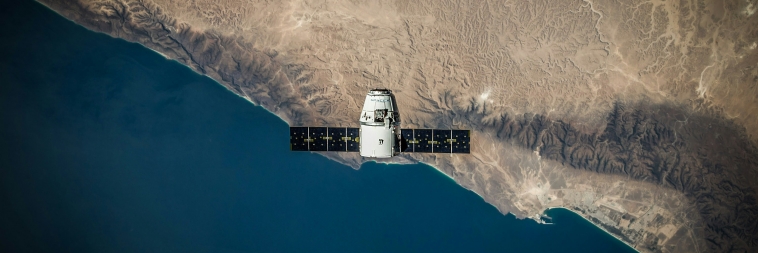
Discover how space exploration has transformed our daily lives through groundbreaking technologies and inventions that shape the world we live in today!
Space exploration has always captured human imagination, but its impact on our lives goes far beyond moon landings and Mars rovers. In fact, many everyday technologies we take for granted were born from the quest to explore the cosmos.
In this article, we’ll take a look at the remarkable ways space exploration has shaped our modern world. From communication to healthcare, and even environmental sustainability, the contributions of space technology to our daily lives are many – and in some cases, perhaps unexpected!
How Space Exploration Shaped Modern Technology
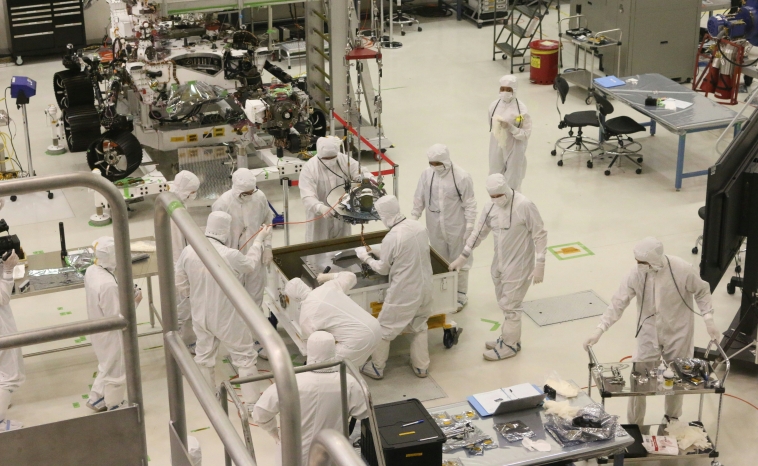
The space race of the mid-20th century prompted a huge surge in technological innovation as nations vied to be the first to explore the final frontier. The competition between the United States and the Soviet Union pushed scientists and engineers to develop a number of cutting-edge technologies, many of which would eventually trickle down into everyday use.
Consider the humble microwave oven. Initially developed by scientists working on radar technology for space missions, it has become a household staple, changing how we cook and reheat our food. Then there’s memory foam, originally designed for NASA’s aircraft seats to improve crash protection. Nowadays, you’ll find it in mattresses, pillows, and even sports helmets.
Communication and Connectivity
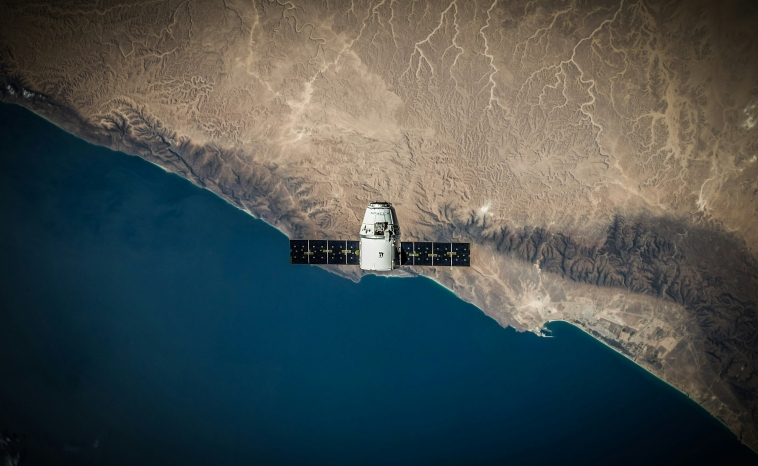
Have you ever wondered how you can watch live TV broadcasts from the other side of the world? Or how your mobile phone connects you instantly to someone thousands of miles away? You can thank satellite technology for that!
The initial purpose of satellites was to support space missions. But now, they play a crucial role in global communication networks. They relay television signals, enable GPS navigation, and support internet connectivity. Without the advancements made in space technology, our world would be far less connected.
Mobile phone services also owe a massive debt to space exploration. The development of satellite communication laid the groundwork for cellular networks. These networks allow us to stay connected no matter where we are. Yes, in many ways, space technology has shrunk the world, making it easier for us to communicate and share information across great distances.
Everyday Comfort and Safety
Space technology isn’t all just rockets and satellites! It’s also found its way into our homes, making our lives more comfortable and safe. Take the development of cordless tools. NASA needed portable, battery-powered tools for astronauts to use during space missions. That real need led to innovations that are now the standard in home improvement and automotive repair.
When it comes to safety, materials developed for space missions have been adapted for use in personal protective equipment and home safety devices. Smoke detectors, for instance, were first used in spacecraft to detect toxic gases. Now, you’ll find them in homes across the planet, saving countless lives.
Healthcare has also benefited immensely from space research. Techniques and technologies developed for monitoring the health of astronauts have been adapted for use in medical diagnostics, leading to advancements in imaging, telemedicine, and even prosthetics.
Environmental Awareness and Sustainability

Space research has made significantly contributions to our understanding of Earth’s environment. Satellites equipped with sensors monitor climate change, track natural disasters, and help manage agricultural practices. These capabilities are essential for developing sustainable solutions to the challenges we face on Earth.
For example, satellite imagery allows scientists to observe deforestation, melting ice caps, and rising sea levels in real time. This data is invaluable for formulating strategies to combat climate change and protect our planet for future generations.
In agriculture, space technology helps farmers optimise their practices by providing detailed information about soil health, weather patterns, and crop conditions. This leads to more efficient use of resources, reducing waste and improving yields.
The Ongoing Impact of Space Exploration
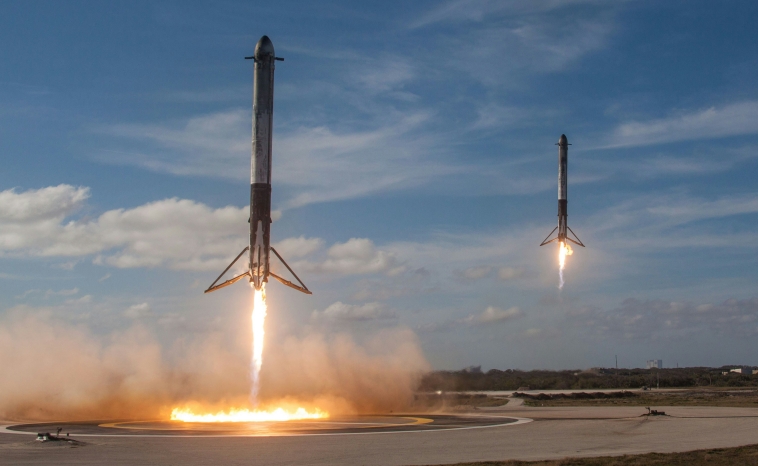
Space exploration is far from over. In fact, it’s accelerating at an unprecedented pace! The current wave of innovations promises to bring even more advancements into our everyday lives. Projects like SpaceX’s Starship and NASA’s Artemis mission aim to make space travel more accessible, which could lead to new opportunities for commercial and scientific endeavours.
The development of reusable rockets is also set to drastically reduce the cost of space travel, making it possible for private companies to enter the field. This could spur a new era of innovation, with new space mission technologies finding applications right here on Earth.
What’s more, advancements in space-based solar power could revolutionise our energy systems, providing a clean and virtually limitless source of power. This technology is still in its early stages, but it has the potential to address some of our most pressing energy challenges we face today.
Final Thoughts on Space Exploration Technology
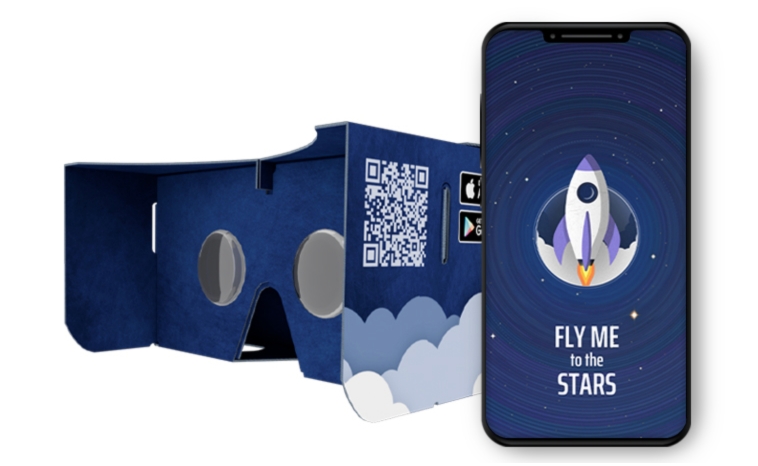
From the first steps on the moon to the latest Mars rover, space exploration has driven technological advancements that permeate every aspect of our lives. Whether it’s the smartphone in your pocket or the GPS guiding you on a road trip, the influence of space technology is undeniable.
And speaking of space exploration technology, are you ready to embark on your own cosmic adventure? Dive into the wonders of the universe with the OSR’s Fly Me to the Stars VR app. Download the app to your iOS or Android device and experience the thrill of space exploration right from the comfort of your home!

